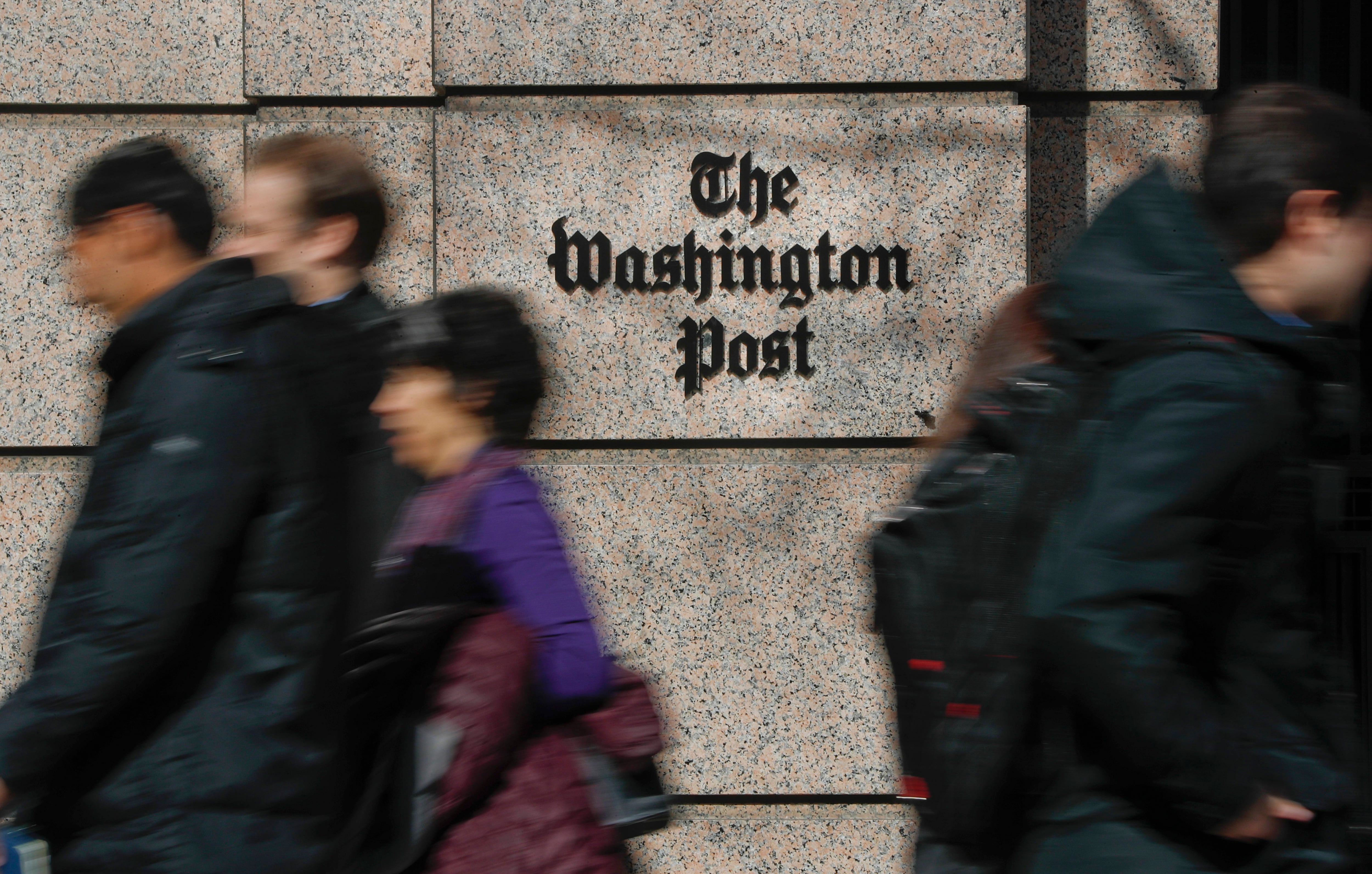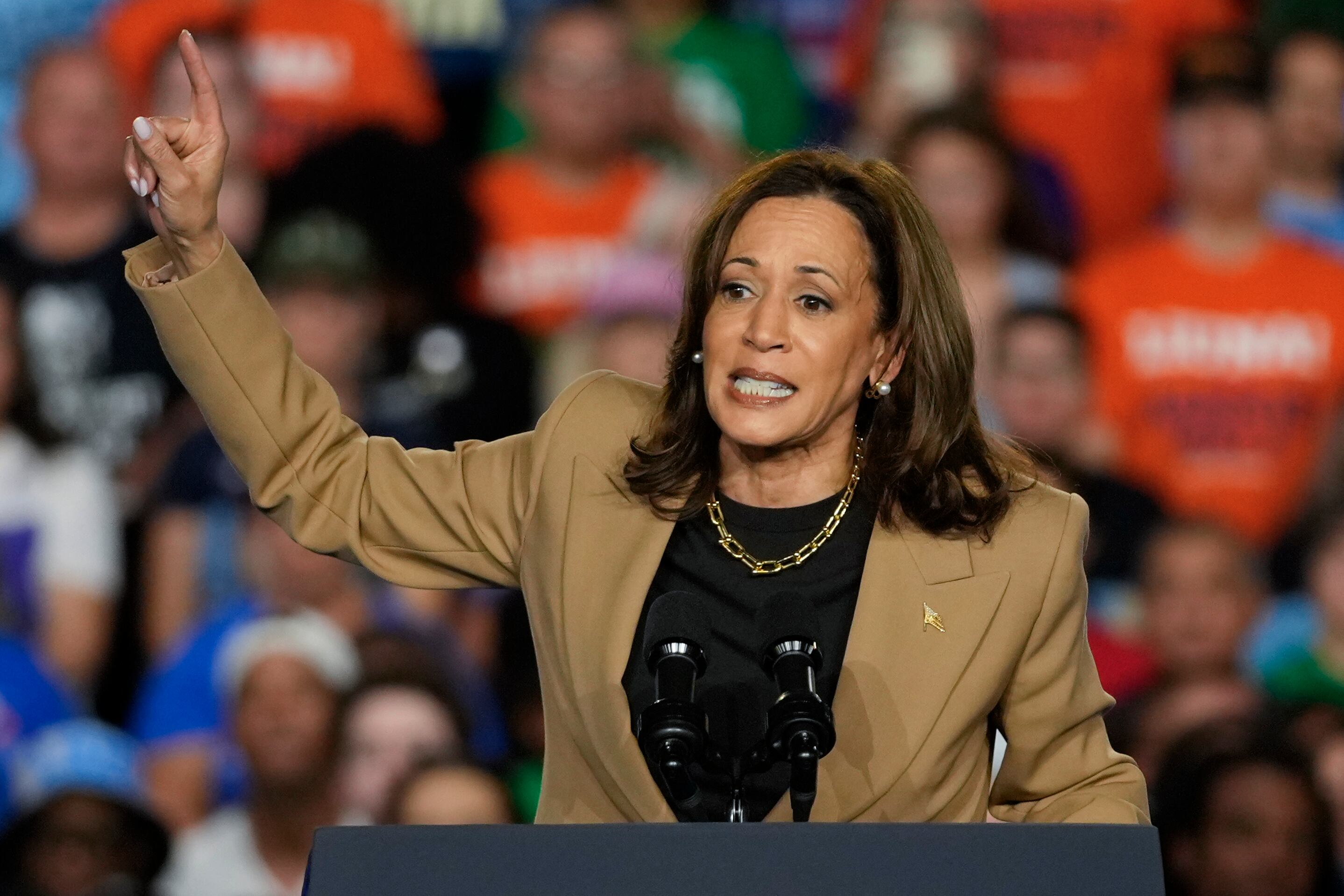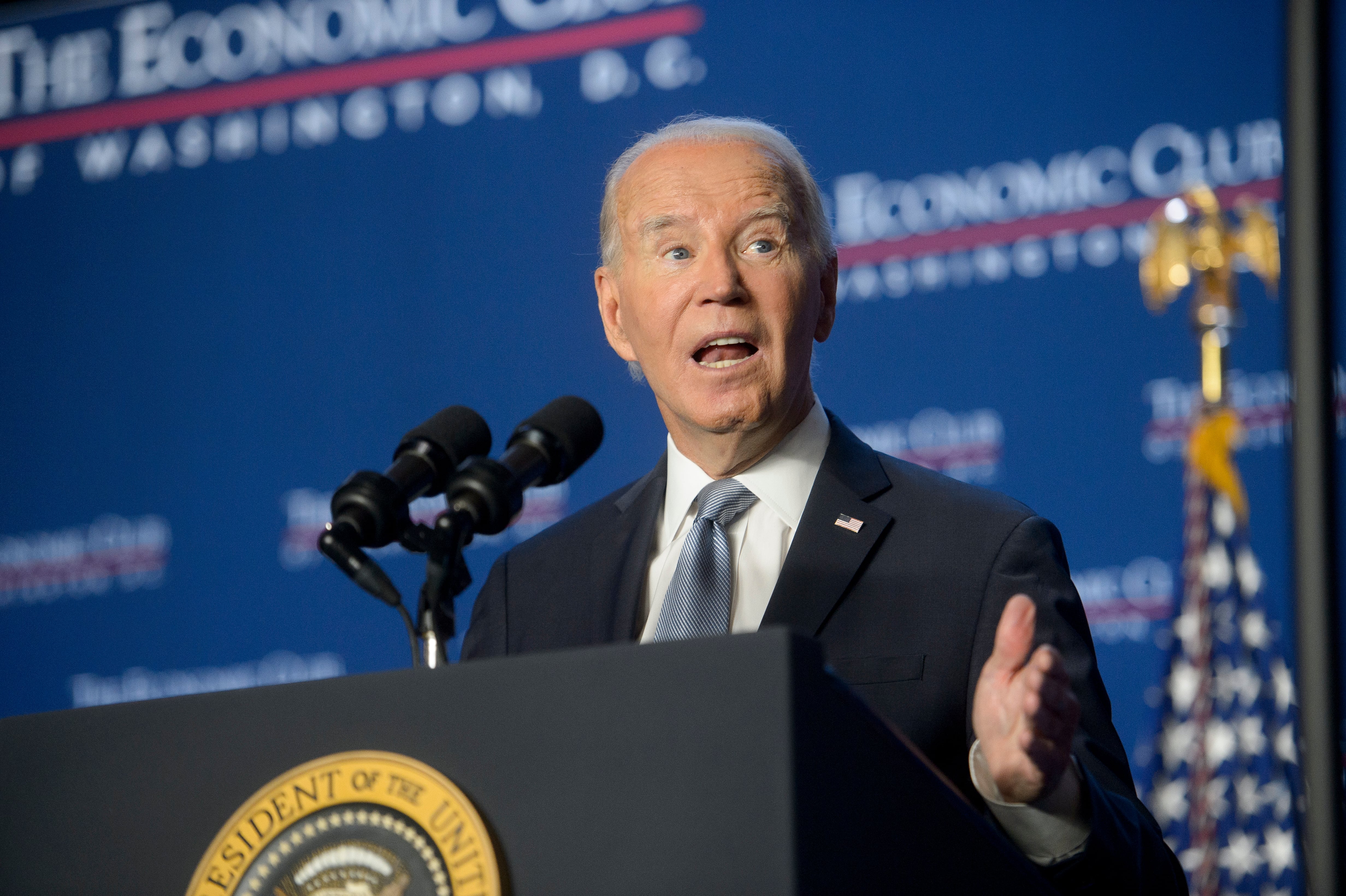In the wake of George Floyd's death, there is a need for policing in the U.S. to be reformed, former police chief of Minneapolis, Janeé Harteau said.
"I spent 31 years, just about 31 years, with the Minneapolis police department and I see systemic inequities across the board," she told Cheddar.
Racism in policing, according to Harteau, is very real and will linger until departments are reformed.
"As long as there's racism in this country and in the world, we are going to have officers that are racist as well. And so those things do need to be addressed."
Harteau resigned from her post as police chief in 2017 after Justine Damond, a white Australian woman, was shot and killed by Mohammed Noor, a black Minneapolis officer. "The outcry was different, but the concern was still the same about an unacceptable use of deadly force," she said.
Following the city council's recent pledge to disband the Minneapolis police force as it stands, Harteau said she supports the idea of departments nationwide reinventing policing.
"It's bigger than Minneapolis," she said. "I do think we absolutely need to fund in areas where officers are able to get out in their communities and connect with the community outside of a crisis."
In order for change to be effective, reform must start from within departments. Often "brothers in blue" operate on an unwritten code of silence and offending officers are backed by "unions that continue to support, frankly, those that tarnish the badge."
Harteau also supports limiting police responses to certain calls. Police officers are often dispatched to calls, although they may not be best equipped or qualified to handle them, she said.
"I think we expect a lot from police officers and, frankly, we're not good at everything," said Harteau. "There are times where maybe we need to have those that are better serving those in social issues or mental health issues."
While police killings — especially those of unarmed black people — tend to divide communities from those that are meant to serve and protect them, Harteau said bridging the gap is possible, but it has to start with accountability from those responsible and in charge of departments.
"It's always an apology that you need to do first."












